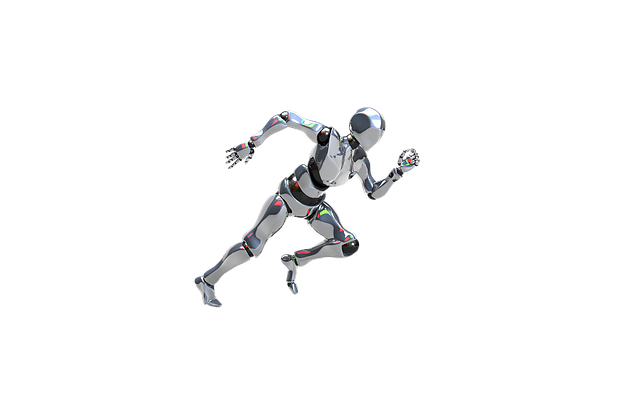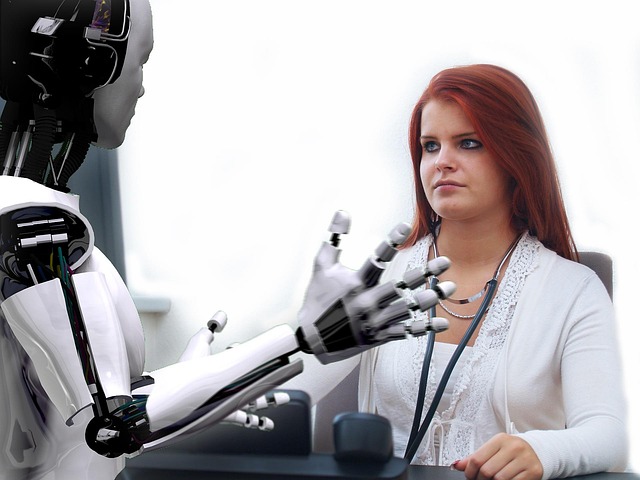Technological Innovations in Robotics
As we traverse the dynamic landscape of the 21st century, one of the most remarkable advancements is the integration of artificial intelligence in robotics. This fusion has harbored not just technological progress but transformative changes across various sectors, especially health. The breadth of innovation in robotics, powered by AI, allows us to reimagine how we approach healthcare, making it more efficient, personalized, and accessible than ever before.
Robotic systems are becoming more intelligent, adaptive, and responsive thanks to state-of-the-art AI algorithms. These systems can now analyze vast amounts of data in real time, learning from each interaction and improving their functions. From surgical robots that assist in precise operations to rehabilitation robots that adapt to a patient’s progress, AI-driven robotics is paving the way for medical advancements that were once considered science fiction.
Health Innovations through Robotics
The impact of innovations in robotics on health is multifaceted. One significant area is surgical robotics, where systems like the da Vinci Surgical System allow surgeons to perform minimally invasive surgeries with enhanced accuracy. These robots can reduce recovery times and minimize scarring, benefiting patients immensely. With AI, these systems are learning from each procedure, optimizing techniques, and improving outcomes.
Moreover, robotic systems equipped with AI are enhancing patient care through monitoring and assistance. Elderly individuals or those with chronic illnesses can benefit from companion robots that not only remind them to take medications but also monitor their health metrics. These robots can alert healthcare providers in emergency situations, ensuring timely interventions that can save lives.
Furthermore, the integration of AI into robotic prosthetics is revolutionizing the lives of amputees. These advanced prosthetics can mimic natural movements, responding to the user’s neural signals, and learning over time to better emulate the user’s intended actions. This kind of innovation not only restores mobility but also enhances the quality of life, making everyday tasks more manageable.
The advent of AI in robotics in healthcare is not merely about automation; it represents a paradigm shift in how healthcare is delivered. The ability to customize patient experiences and provide real-time data and analytics is enabling providers to make informed decisions quickly, improving patient outcomes significantly.
In summary, as we delve deeper into the realm of artificial intelligence in robotics, it becomes increasingly clear that these innovations are more than just technological advancements. They embody a compassionate approach to healthcare, prioritizing patient experience and outcomes, and truly reflecting the potential of technology to enhance human life.




